i'm trying to impl some post mortem debugger , means to catch only exception who not handled by the program, so i'm sets unhandled exception filter (and make sure no one set it after me) but i have some cases (e.g in mshtml.dll) that access violation occur but no unhandled exception filter call , and to post mortem debugger(e.g windbg) is pop up how does the post mortem debugger catch it?
and AddVectoredExceptionHandler is not a good idea because its called even the seh handled it and continue .


